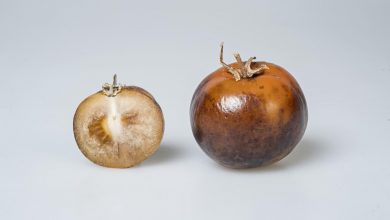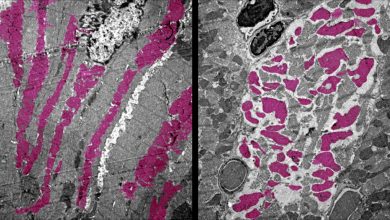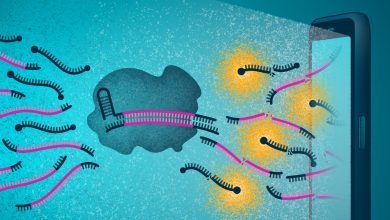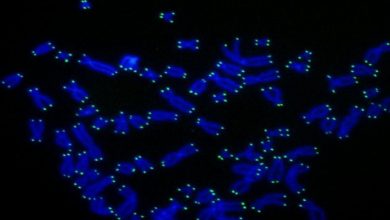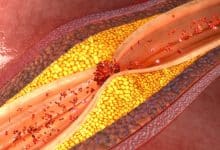
Diabetes is a disorder of metabolism caused due to a problem in the production of insulin. Insulin helps in regulation of blood glucose level by storing it in the form of glycogen and using it as an energy fuel when needed.
Type I Diabetes (T1D) is an autoimmune disease in which T cell which forms the major part of immune system destroys the beta cells. As beta cells are the one producing insulin due to their destruction, glucose level in the blood become irregulated which leads to this condition called type I diabetes.
Approximately 25.8 million Americans are affected by these disease in which & million are undiagnosed. Disease accompanying T1D are heart disease, kidney disease, heart stroke or wound healing which cannot be prevented by insulin therapy done for curing diabetes type I.


It is really important to find the root of the disease so that it can be eradicated in the beginning only so that the person doesn’t suffer from other diseases also.
In our body cell signaling is very important especially in the immune system. Therapeutic research is needed in preventing the autoreactive T cell from entering the pancreas and killing beta cells.
“It was important to figure out what the signal was that brings these auto-reactive cells into the islets,” said TSRI Professor Michael B.A. Oldstone, senior author of the study.
Scientist discovered in the transgenic mouse model that interferon-1 alpha which is an immune molecule provide a signal to T cells to enter the islet which in turn destroys the beta cells.
In the recent study, researchers found out that there is a single pharmacologic agent called S1PR1 which doesn’t let T cells to migrate from lymphoid cells to islets. Researchers revealed that if interferon molecule can be blocked by binding it with antibody and locking its receptor by antibody could prevent the signaling hence t cell could not enter the pancreatic cells. Further treatment with a single pharmacologic agent S1PR1 showed that when interferon-1 alpha is treated with S1PR1, it blocked the interferon production.
By discovering the role of IFN-a signaling in the T1D, a death of insulin-producing cell can be prevented by blocking the signal in prediabetic stage.

